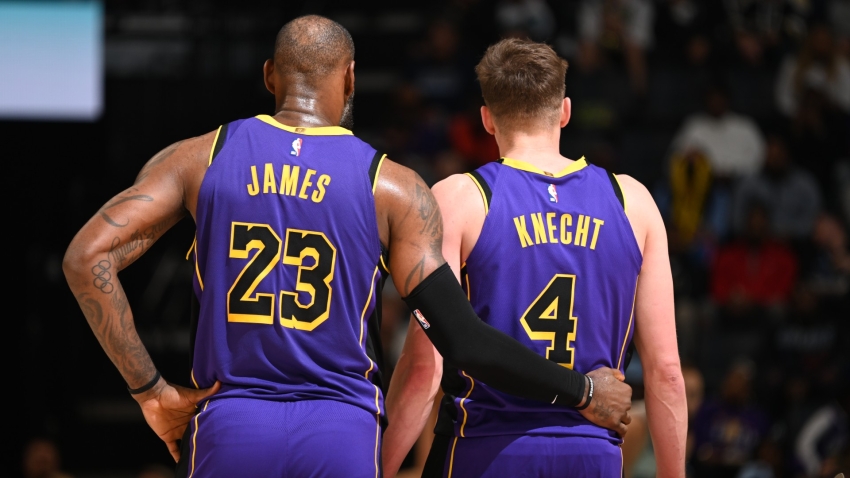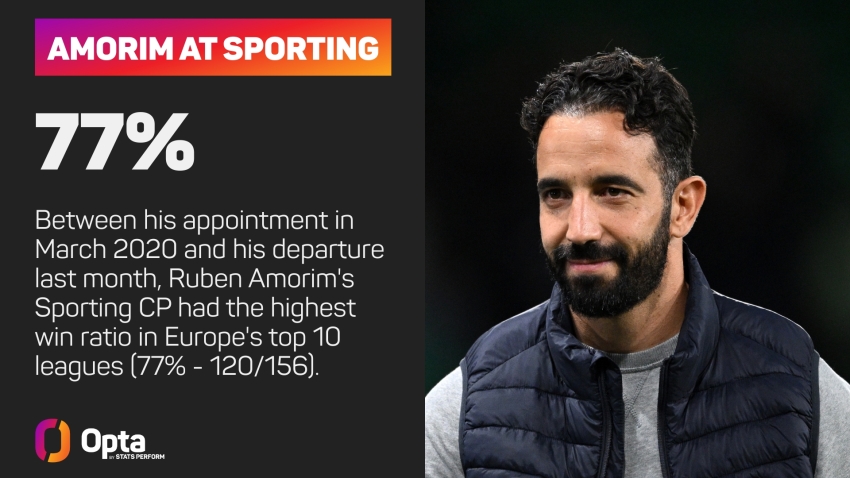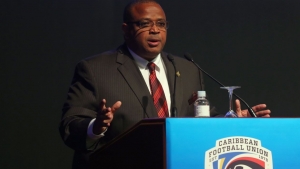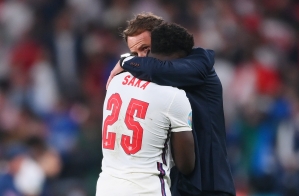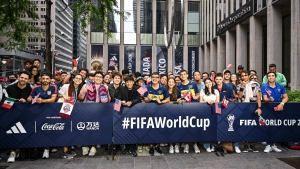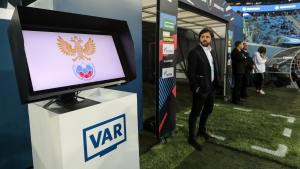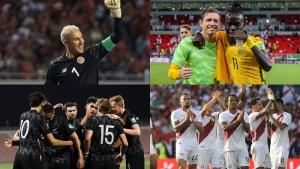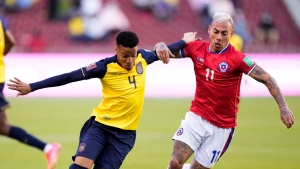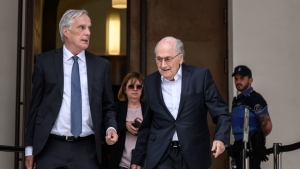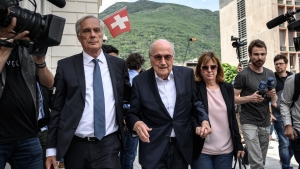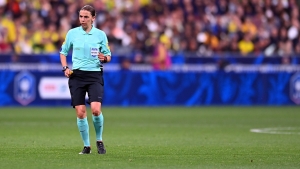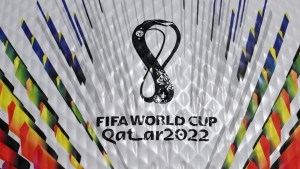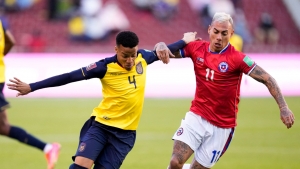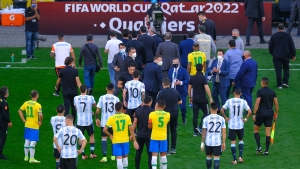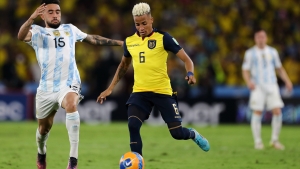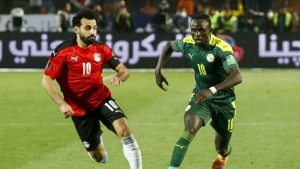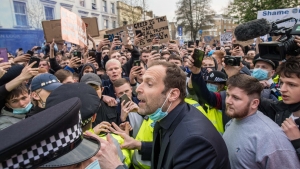The joined actions of some of the most powerful figures in modern football unwittingly created an ever mightier alliance on April 18, 2021.
The announcement of a new European Super League united Manchester, with fans and players of United and City joining those invested in the fortunes of Liverpool and the three London giants of Arsenal, Chelsea and Tottenham in opposition.
Although the reaction in Italy and Spain may not have been quite as damning, the protests that followed over the course of an extraordinary few days were enough to derail the plans.
A year on, Stats Perform looks back on one of the most controversial proposals in the sport's history and where it stands now.
What is/was the European Super League?
The past week has shown exactly what makes the Champions League great, whether Villarreal's upset of Bayern Munich, Real Madrid withstanding Chelsea's fightback, a thriller between Liverpool and Benfica in a tie widely considered over or the blood and thunder of Manchester City's defeat of Atletico Madrid.
But Arsenal and Tottenham did not qualify for the Champions League this season, while Barcelona and Milan failed to make it beyond the group stage.
In another season, another superpower – the clubs whose names and riches have made the Champions League what it is – might miss out on these great games.
That was the fear of a dozen leading sides, anyway. Barca had a prominent role, along with Real Madrid and Juventus, as the European Super League was launched.
The competition was to be backed by United States-based investment bank JP Morgan and managed by the owners of the founding clubs, who would be guaranteed entry to the competition.
Three clubs were hoped to join the initial 12, followed by five others qualifying each year to form a 20-team tournament, which would be split into two 10-team leagues prior to a knockout stage.
The idea was for the Super League to replace the lucrative Champions League, rather than domestic leagues – hence its inception on the eve of Champions League reforms. The interested parties even claimed the money raised would benefit "the wider football pyramid".
But the reception was widely critical, while there were notable absentees in the form of Paris Saint-Germain and Bayern Munich, the previous campaign's Champions League finalists.
PSG had spent too much time – and, of course, money – establishing themselves among European football's elite to risk it all in the breakaway.
Meanwhile, Bayern, like most German clubs, are partly fan-owned. And it would soon become clear football fans in general were not enthused by the prospect of seeing Europe's best teams slog it out in a closed-shop tournament.
Then what?
The 12 clubs must have imagined some sort of response, but what followed appeared to stun those involved.
Their own players and coaches announced opposition, with many frustrated these plans had provided such a distraction at a key stage in the season. Notably, Jurgen Klopp fumed when Leeds United, Liverpool's next opponents, told the six-time European champions to "earn it" if they wanted to play in the Champions League.
The rest of football appeared united against those who had sought to cut loose, as former Manchester United captain Gary Neville called for the Old Trafford club to be relegated along with Liverpool and Arsenal.
Unsurprisingly, UEFA, FIFA and even the UK government railed against the Super League, too.
But most importantly, the fans – particularly in England – made clear they would not stand for this apparent betrayal of the sport and its roots.
Chelsea were the first team to back out of the European Super League while Petr Cech attempted to negotiate with furious supporters blocking the team's entrance to Stamford Bridge prior to a drab goalless draw against Brighton and Hove Albion.
With protests following at stadiums up and down the country, the Premier League clubs soon quit the breakaway competition, and they were joined by Inter, Milan and Atletico Madrid, as the Super League was declared dead mere hours after its birth.
Football had won, it was widely acknowledged.
And they all lived happily ever after?
Well, not quite. Barcelona, Real Madrid and Juventus have continued to pursue the European Super League, their owners refusing to relent.
The huge debts racked up during the coronavirus pandemic contributed to their desperation to land this lucrative deal, with Barca since forced to let club legend Lionel Messi leave on a free transfer due to their inability to afford a new contract for the 34-year-old.
Those who backed out of the controversial plans have at least returned to the European Club Association, in which PSG were huge beneficiaries of their reluctance to follow their elite rivals. Nasser Al-Khelaifi, the PSG president, now leads the ECA in a role that previously belonged to Juve chief Andrea Agnelli.
But even Barca, Madrid and Juve have been able to continue playing in UEFA competitions – those they have qualified for, anyway. Madrid have made the Champions League semi-finals as they bid for a record-extending 14th European crown.
And sceptics could be forgiven for wondering if the new Champions League format sounds a little 'European Super Leaguey'.
As of 2024-25, the group stages will be no more, replaced by – yes – a league. And although the competition is increasing in size to 36 teams, two of the additional four slots are reserved for clubs who have the highest UEFA coefficients but have qualified only for one of the organisation's lesser competitions.
Barca, who toiled in the early stages of this season, or Juve, facing a fight for a top-four finish in Serie A, would have to slump significantly not to be assured of a seat at the time.
The Super League is dead... but long live the Super League?





